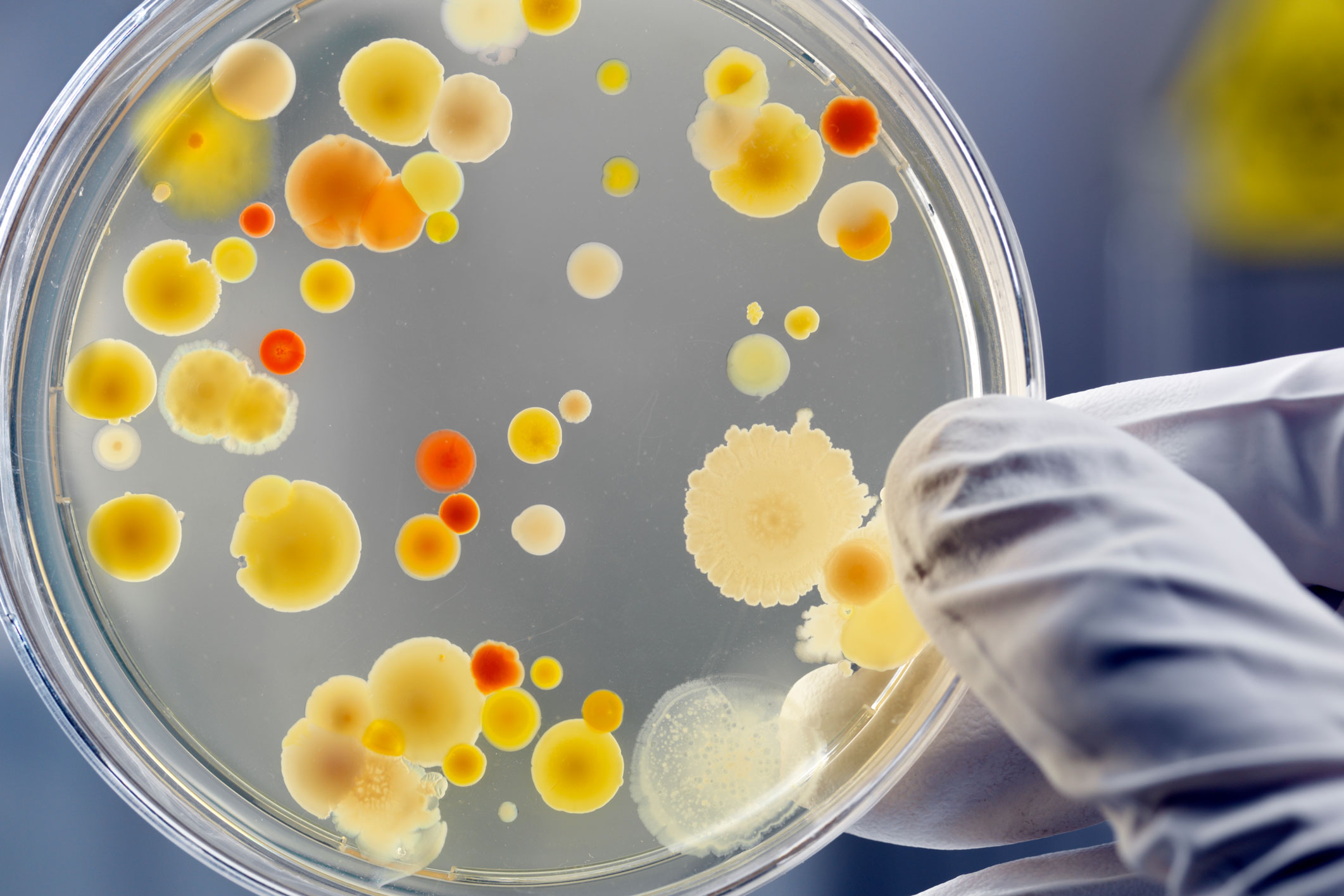
Reference activities of the Sophia Antipolis Laboratory
The laboratory holds several national, European and international reference mandates.
National Reference Laboratory
The laboratory holds national reference mandates on:
Bee health
>> The inventory of methods for the Bee Diseases Unit (PDF in French).
- Pesticides (Associate NRL with the Laboratory for Food Safety)
- Q Fever
>> List of methods used in the NRL's missions on Q fever (PDF in French);
>> List of recognised commercial ELISA methods (PDF in French);
>> List of validated commercial PCR methods for diagnosing abortion in ruminants (PDF in French);
>> Guidelines for interpreting PCR results (quantitative and relative) (PDF in French).
Accreditations
This laboratory has been accredited by COFRAC in accordance with the NF EN ISO/CEI 17025 Standard under the number 1-2249 (Tests).
The scope of accreditation for each unit is explained on the COFRAC website (in French)
European Union Reference Laboratory (EURL) for bee health
Visit the website of the EURL on bee health
See the Guidelines for the surveillance of the small hive beetle (Aethina tumida)
Reference laboratory for the World Organisation for Animal Health (WOAH)
The Sophia Antipolis Laboratory is Reference laboratory for the World Organisation for Animal Health on Bee diseases (7 diseases) and Q fever.
The work here involves:
- developing diagnostic methods, coordinating networks of approved testing laboratories, disseminating these methods and monitoring their use through the organisation of inter-laboratory tests (ILPTs), supplying reference materials;
- controlling the quality of beekeeping production, in terms of its contamination with residues from prophylactic or plant protection treatments or various types of environmental pollution (e.g. honey surveillance and control plans);
- conducting expert appraisals of commercial diagnostic tools, as well as monitoring their validation (support, examination of dossiers), standardisation (improvement, monitoring of batch self-checks) and use;
- conducting expert appraisals at national, European and international level, through the participation of the laboratory's scientists in various working groups.